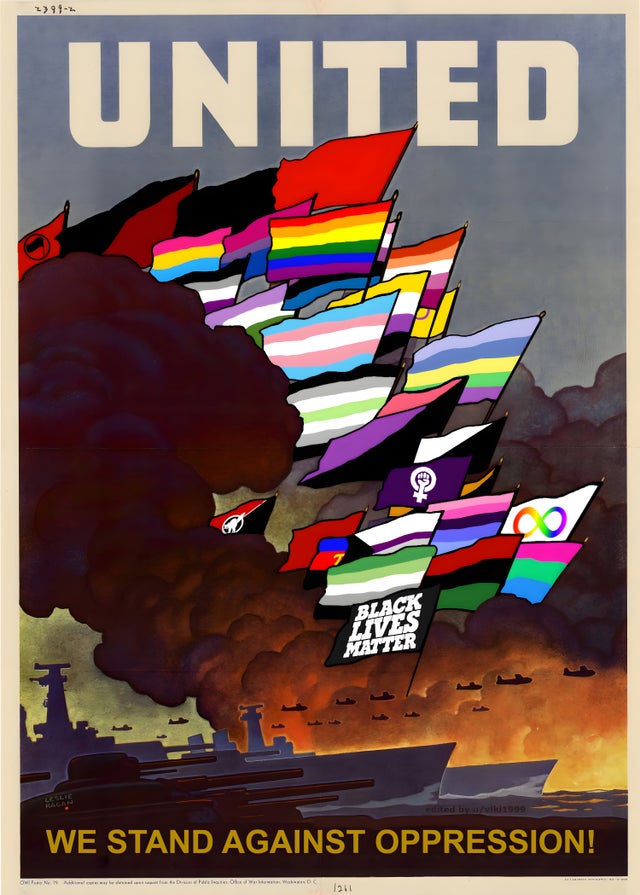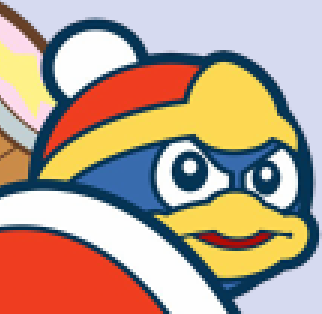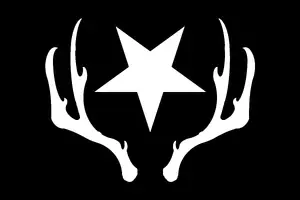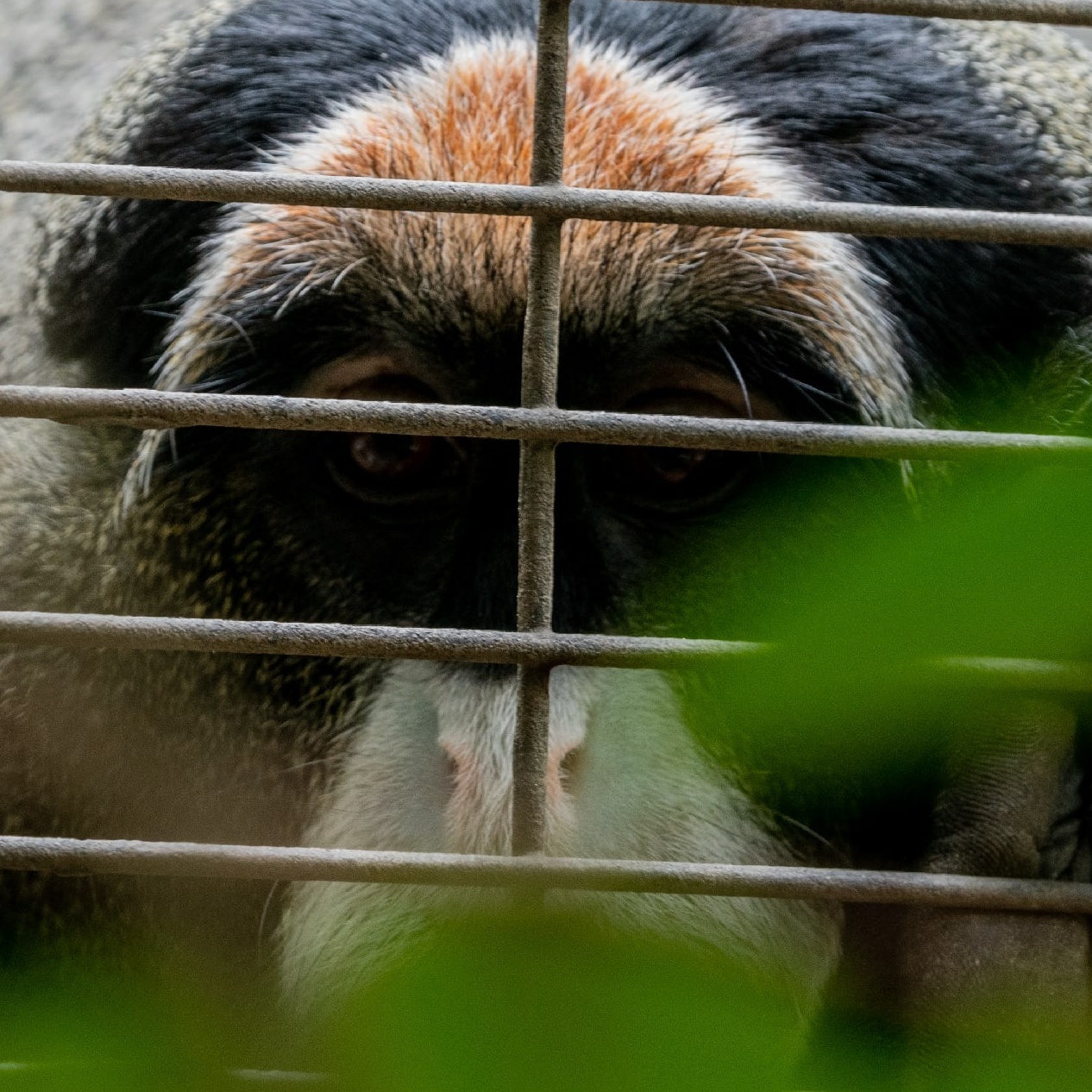So I've got this book I'm working on. The basic gist of it is "small 18th-century Germanic country defends itself from Prussian imperialism while the main character is radicalized against the nobility." Everything's still kind of a primordial soup of ideas, I have an outline and a couple potential scenes written but I don't have all of the setting details squared yet. One idea that I keep going back and forth on is the races of everyone involved, because I don't want it to be just humans - but I also don't want to just thoughtlessly crib Tolkien either.
These ideas are assorted, I'd love it if you read one or two of them and gave me your thoughts:
Everyone is born basically human, but transforms (usually by the time they're twelve) through magic into a more powerful form, based on the environment they grow up in and the skills they are taught in their most impressionable years. Magic hangs in the air of the world, and adults have to learn a combination of a ton of factual knowledge and potent meditation techniques to be able to harness it - but children, whose minds are unfettered by knowledge, naturally wield it on a subconscious level, permanently changing themselves to meet the demands of the world they are raised in.
The main races of the world are High Elves and Low Elves, Totemfolk (furries) and Daemons (elementals), with each race having dozens of subgroups. Totemfolk and Daemons are the most prominent races throughout the world by a long shot, but Low Elves tend to dominate the growing urban professional class and High Elves have a racial monopoly on royal families and noble titles throughout the still-fuedal world, so the interests of those two groups are overwhelmingly represented in positions of power.
Elven domination of the upper classes has both a push and a pull to it. On the one hand, Elves are definitely adapted to their environment of extreme privilege - their long lives offer them plenty of time to do primitive accumulation, and their small number of children means that their wealth remains relatively concentrated from generation to generation. But on the other hand, an Elf's body requires twice as much food and twice as much rest to maintain itself compared to the other races, thus it is only even possible for a child to become Elf-like if they are raised in that environment to begin with.
Totemfolk and Daemons tend to have adaptations related to their environment or their parents' craft. Totemfolk raised on the sea often become Mermen/maids, while those trained to ride a horse might become a centaur. Fire-aspected Daemons, called Orcs, are a common sight in many foundries - while earth-aspected ones, called Kobolds, are a common sight in many mines. A rare sight in the most developed cities is the metal-aspected Daemon, sometimes called a Jinshu, because for a long time it was thought that they were a myth from the far north.
In-universe scholars are in agreement that it is impossible to change your race once it manifests, with one notable exception: dragons. The appearance of a Dragon tends to be an ill omen for the average person, since they have a tendency to commit genocides and burn cities to the ground. But historians often regard them as great conquerors and emperors, which is usually the reason they do all of the killing.
What isn't clear is what allows an elf to turn into a dragon - traditionally it's thought to be high martial prowess combined with a genius intelligence, but in actuality it's having a giant pile of gold. Dragons always arise when economic inequality is at its zenith, and the reason they become conquerors and emperors isn't because they can fly overhead and kill a couple dozen people with fire breath - it's because they have the ability to raise a large, well-trained and well-equipped army, which does most of the conquering but gets none of the credit.
The distinction between "High Elves" and "Low Elves" doesn't actually exist, but has been appended by Elven scholars to explain why some elves get to have Divine Right and others are relegated to more servile positions. Magical Fae people doing phrenology.
Several times throughout history, a totemfolk or daemon have lead an army and conquered land - but history records them as elves, because often they would transform into elves after living as kings for about a decade, and their kids always end up being elves themselves.
Certain subsets of philosophers are very interested in the idea of controlling the race that children become. One group, the utopians, believe that all the world's problems could be solved if only everyone was an elf. They have gained no small amount of influence in the ongoing colonial projects of the world, and their ideas and radical experiments have lead to some of the worst genocides in recent history.
This actually kind of rocks. It lines up with studies regarding inter-generational trauma and how childhood molds the outlook of a person as they grow up. Change is possible, but just not very probable.
I'm guessing the through-line is that dragons bad? Because fuck dragons.
Also, where my dwarves at?
Yeah Dragons are pretty nakedly my commentary on the great historical conquerors - your Charlemagne, Napoleon, Alexander, etc. Great if you're on the receiving end of all of the loot from their conquests, terrible for everyone else.
And Dwarves... I can't think of what I want to do with them, and I don't want to just shove them in "just because".
I would absolutely love to shove in dwarves just because they're awesome. Perhaps they're an offshoot of orcs? Minus the 'small person' part, tho. They're just big thicc elves who love making things.
Anyway, dwarves or not, I'd love to see more of your world building in the future!
Read China Miéville's Bas-Lag trilogy and you'll have lots of insights on how to build non-human fantasy races in a Marxist framework, it's really imaginative and also quite fun... some of the races mentioned:
The Vodyanoi, a frog-like race of demihumans that do precarious work in the docks of New Crobuzon, the imperialist city-state that's central to the world of the novels;
The Khepri, a race of scarabs where the males are mindless insects, but the women are like humans, but with scarab heads, and the ones in the city are refugees from a pogrom;
The Garuda, humans with eagle features who live in autonomous nomadic anarchist enclaves in the desert, and whose penal code revolves around the concept of choice-theft: when you infringe on someone's rights, it's because you stole their right not to be harmed, or their right to do something that they might have wanted to do but now can't, like use some object that you stole;
The Remade, regular humans, but violently modified with mechanical and/or organic body parts, and put to do forced factory labor as a punishment for their crimes. The nature of the modification follows some sort of cruelly imaginative "poetic justice" on the part of Crobuzoner judges, like in a particularly cruel instance where a mother accidentally kills her baby and the judge sentences her to have the baby's arms grafted onto her forehead, really brutal shit from an authoritarian police state.
And these are just four examples of literally dozens. I wish I had just ten percent of Miéville's wild imagination.
edit: the books are, in this order, Perdido Street Station, The Scar and Iron Council. You can read them in any order, but there's a few references to the previous books in the latter ones. I highly recommend reading them in order, the first one is my favorite.
Sounds very interesting, I'll put those on my list, but I have so many other things to read I don't think I'll get to them for a while.
I know the feeling, there's a ton of books on my list already... these are totally worth your time, even though Miéville does need an editor to rein in his tendency to overuse the adjective "pugnacious".
so, google hits me with the number 16 million for the population of 1700s Germany so the population density described to me feels a little thick. But you are proposing a limiting factor which makes that check out.
That baking class consciousness into the magic system via gold is brilliant though.
The speciation thing feels like it is missing one connecting factor to make it tie together but I can't think of it. Children who are still growing have their growth patterns changed by environmental factors. two known mutagens are the element gold, and the molecule water. But then also cellulose, and proteins specific to horses. Since those mutagens would be on such wildly different scales there has to be a genetic component selecting for them as opposed to the effects being from the environment. So we conclude the elf genome is especially prone to mutation and also being able to survive mutation without developing cancers or systemic defects. which implies that the base genome is super dense with all these other structures as backups. Like, in the case of a centaur, there is no way a standard four limbed fish type body plan like humans of elves would have could handle it. That is an extra pair of limbs, extra nerve plexus, a second pelvis, multiple stomachs, hoofs. The body would have to have those structures already coded for and held in reserve. This implies a separate set of glands for handling and checking all this extra dna so the double food and rest thing for elves makes a lot of sense when you think about the molecular machinery having to work so much harder to perform even basic functions. The cool implications of that though are that if they ever figure out how to synthesize egh, their analog to hgh, a pill of that combined with trace elements would allow them to chose their form even after puberty. This would be awkward since it likely would be created accidentally at first. As the egh, would likely greatly increase their power with magic and it would take a while for their subspecies development to change. however since, the changes are reversible it implies the stability of the environment is the controlling factor anyway. This would mean that in an urban environment you would likely see some weird mashup of characteristics or, if it works on a positive feedback loop, all the inputs would cancel each other out and they'd stay elves. In this case the urbanized population losing their connection to the land is absolutely perfect though. I think I thought of like two good points in all that rambling I will come back and edit this later.
The small country that the protagonist (still haven't decided on her name) fights for has about 1 million population during the war, compared to the invading kingdom's 10 million. It's kind of equivalent to Hanover - a couple decently-sized cities on the coast and inland that punch above their weight economically by being hubs for a dozen smaller city-states that border it. In our world Hanover had its independence defended by the British crown because the monarch had inherited it, but in the book they win the war by inventing mass conscription and nationalism while the rest of the world is still raising armies via feudal obligations.
As for transformation stuff, I'm not really thinking of it in terms of mutagens and genes. Magic is explicitly anti-logical, which is why knowledge of the mundane world inhibits your ability to wield it. What's far more important is mindset and metaphor, so being raised an Elf is thought to be about educating your kid a certain way, but really it's about being in a privileged position and looking down on others. If a group of centaurs decided to settle down and give up their nomadic lifestyle, their kids might retain some horselike features but would most likely remain humanoid. Dragons aren't born, they're created by certain specific circumstances.
I love it. Very dialectical. I would love to read your world's version of Dialectics of Nature.




